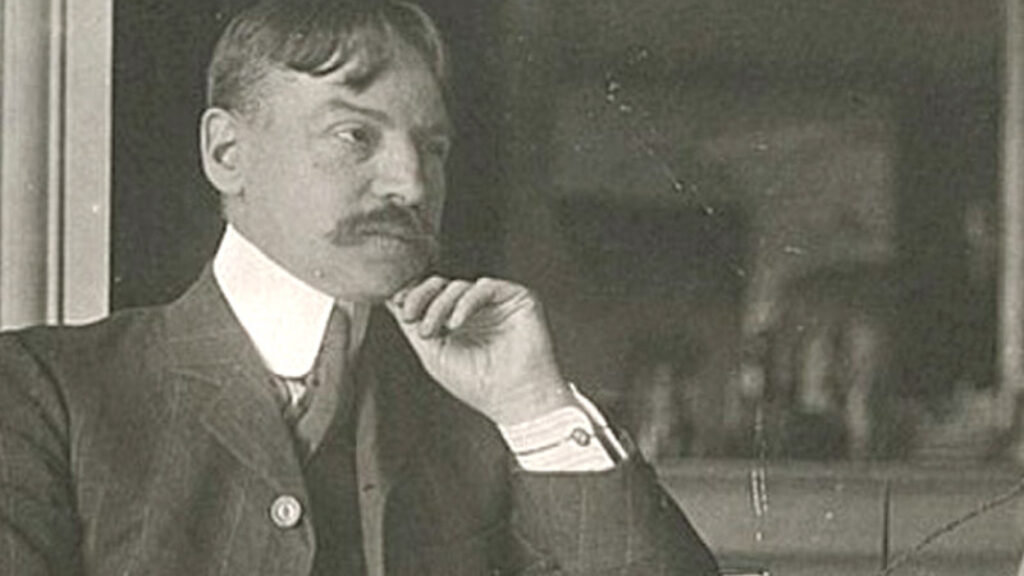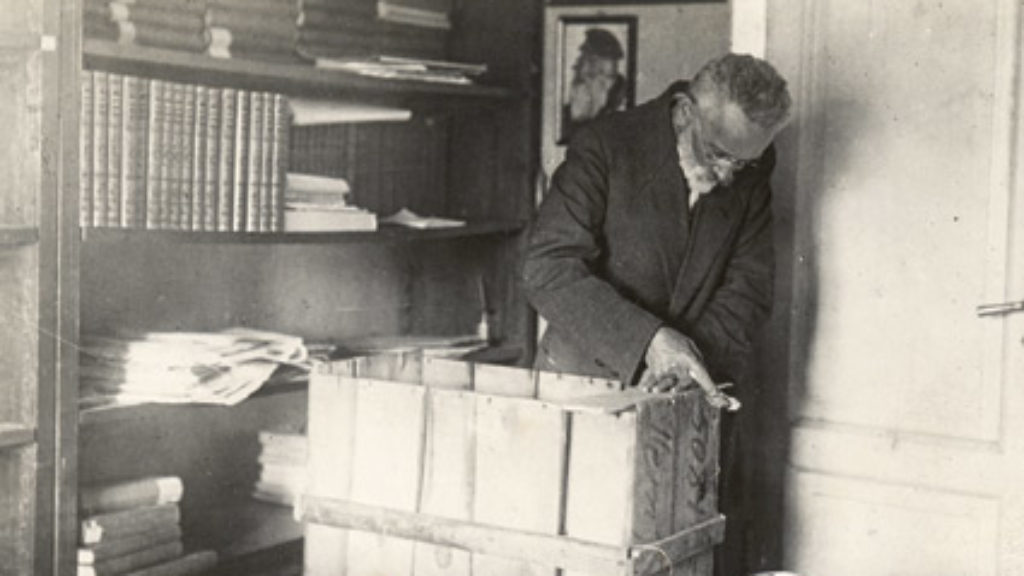Rabbi Ovadia Yosef and the Halakhot of Hostages: Part III
In the first two installments of this series, we saw how Rabbi Ovadia Yosef permitted the exchange of imprisoned terrorists for hostages, despite the possibility, even likelihood, that the released terrorists would harm or kill further innocent victims.
In the next part of the responsum, Rabbi Yosef discusses such an exchange under the rubric of pidyon shevuyim (the redemption or ransom of captives). Pidyon shevuyim has a long history that is both tragic and comforting, as Jewish communities almost always managed to purchase the freedom of fellow Jews. Moses Maimonides described the obligation to redeem captives with uncharacteristic rhetorical flourish:
The ransom of captives takes precedence over feeding and clothing the poor. There is no mitzvah greater than the ransom of captives, for a captive is in the category of the hungry, thirsty, unclothed, and in mortal peril. One who averts his eyes from his ransom transgresses [the negative commandments]: “You shall not harden your heart or close your hand” (Deuteronomy 15:7), “You shall not stand by the blood of your fellow” (Leviticus 19:16), and “He shall not rule ruthlessly over him in your sight” (Leviticus 25:53). Moreover, he has neglected the [positive] commandments: “You shall surely open your hand to him” (Deuteronomy 15:8), “Your brother shall live with you” (Leviticus 25:36), “Love your neighbor as yourself” (Leviticus 19:18), “Save those who are taken to death” (Proverbs 24:11), and many similar statements. There is no mitzvah as great as the ransom of captives (Maimonides, Mishneh Torah, Laws of Gifts to the Poor 8:10).
Documents discovered in the Cairo Geniza show that Maimonides’s rhetoric was far from empty. Around 1170, soon after his arrival in Egypt as a refugee from the Almohad Caliphate, Maimonides led fundraising efforts to ransom Jews who had been captured by the Crusader Kingdom of Jerusalem’s conquest of Bilbeis. One of his letters, sent to communities throughout Egypt, includes the following appeal:
God bless anyone who has acted on behalf of the captives, may God release their bonds. We send you this letter with … Rabbi Aharon HaLevi…. When he reads it before you, brothers, do as is fitting for you and earn great reward. Do as we, all the judges, elders, and Torah scholars have done; we go about day and night, imploring people in the synagogues, on the streets, and at the gates of houses, until we obtain something for this massive undertaking….
The Supreme God will not bring you to distress; He will protect you and shroud you in His abundant mercy….
Moshe, the son of Rabbi Maimon
In the long and sordid history of Jewish captivity, of which this incident was a part, Jews were rarely a specific target. They were captured in battles such as this one, or, especially later, by pirates and bandits, who sold them into slavery or offered them for ransom. In both cases, Jewish communities had one effective tool for redeeming them: money.
However, by the time Rabbi Yosef was writing in 1976, the State of Israel had other tools available. One was to exchange prisoners for captives. Another, the one famously taken, was military rescue. It is no wonder, then, that Rabbi Yosef devotes most of his discussion to a risk analysis; in halakhic literature, as in the historical reality it reflected, pidyon shevuyim, was a matter of ransom, not risk.
When Rabbi Yosef turns to pidyon shevuyim in his responsum, he begins not by emphasizing its importance, as Maimonides did, but with its limits. A mishnah states that “we do not ransom captives for more than their price, to benefit the world (tikkun ha-olam).” (Gittin, 4: 6) The tension between this pragmatic public policy and the idea that there is no mitzvah greater than ransoming captives was eventually codified in the Shulhan Arukh which restates Maimonides’s ruling and then continues:
Every moment that one delays pidyon shevuyim when it could have been done earlier is akin to bloodshed.
Captives are not to be ransomed for more than their price, for the benefit of the world. (Yoreh De’ah 252:1-4)
At the heart of pidyon shevuyim, then, is the difficult, perhaps impossible, dilemma, which faces Israel now: How do we balance the immediate needs of the captives with tikkun olam? The Talmud offers two views on how refusing to overpay benefits the world. First, if Jews were to overpay to ransom their captives, it would place communities under a great financial burden. Second, it would incentivize potential captors to target Jews.
The Talmud seems to prefer the latter reason, and the major halakhic codes cite only the second rationale: Overpaying captors would effectively declare open season on Jews. Rabbi Yosef applies this rationale to the case of the Entebbe hostages:
Based on this, there is reason to think that the release of a large number of terrorists, as in the present case, due to the bold actions of their comrades, the hijackers, will encourage them to plan the hijacking of another plane with many Jews and thereby extort the release of more terrorists imprisoned in Israel.
This reasoning leads to something like the “no negotiation with terrorists” doctrine developed in the West in the 1970s, according to which any capitulation encourages further acts of terror.
Yet the restriction on overpaying for captives (like the “no negotiation” mantra) is far from the final word on the subject. As Rabbi Yosef demonstrates, the medieval rabbis developed a series of exceptions to the rule. In fact Jews often paid exorbitant ransoms to free captives.
The next and final installment discusses these exceptions as well as the famous case of a medieval rabbi who died in a German fortress after refusing to be ransomed.
Suggested Reading

Scribes without a Torah
Julien Benda’s The Treason of the Intellectuals is one of those books that is famous even though no one actually reads it. Can it help keep those whose business it is to think in public on the straight path? Did it help Benda?

Where To: America or Palestine? Simon Dubnov’s Memoir of Emigration Debates in Tsarist Russia
Dubnov's magisterial autobiography, written while Dubnov was in exile from both the Soviet Union and Nazi Germany, takes the reader on a deeply personal journey through nearly a century of upheaval for the Jews of Eastern Europe. A new translation.
Red Rosa
A newly published collection of letters shows a new, softer side of Rosa Luxemburg.
Wonder and Indignation: Abraham’s Uneasy Faith
A famous midrash describes Abraham's encounter with an illuminated palace, or was it a burning palace?
Comments
You must log in to comment Log In